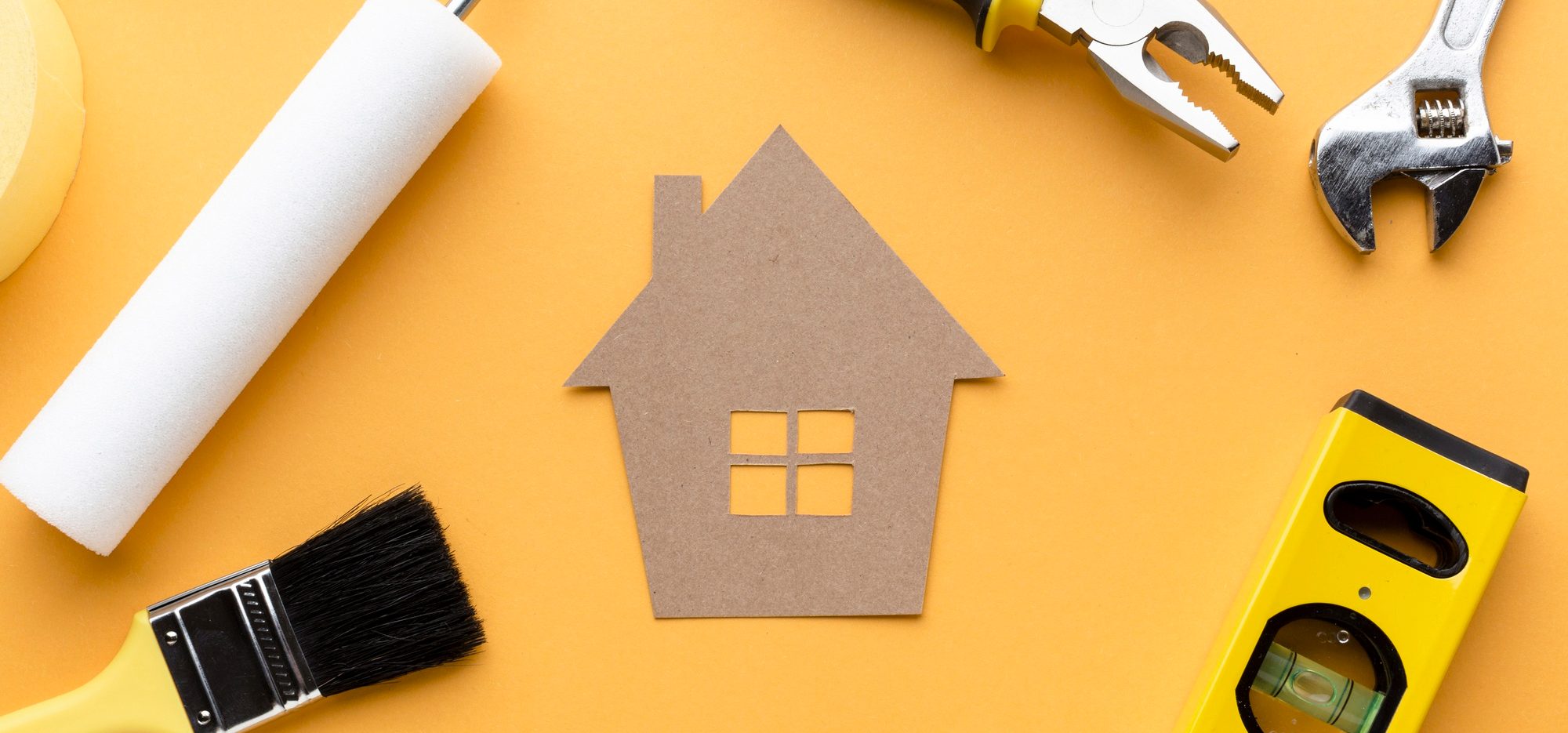You’ve been saving up for the perfect house, and now it’s time to buy. You’re excited about your new home, but you’re also a little scared of the mortgage process. What does this entail? How much will it cost? Will I be able to afford my monthly payments?
These are all questions that you need to be answered before signing on the dotted line with your lender. In this article, we will demystify the mortgage process so that you know exactly what to expect!
Know your credit score
The first step in getting your mortgage is knowing your credit score. This is a number that’s assigned to you by credit reporting agencies like Equifax, TransUnion, and Experian.
Your score tells your lender whether or not you’re likely to repay the loan on time, which can impact what kind of rate they give you.
There are many factors that go into calculating your creditworthiness including how long it has been since you’ve taken out a mortgage if there have been any late payments associated with other loans in the past five years and how much debt you currently owe versus how much is available credit exists for use.
If this sounds complicated don’t worry because all of this information will be pulled from one place, your credit report! A good rule of thumb is that anything below 650 should raise some red flags, but it’s always best to check with your potential lender.
If you are concerned about whether or not this information will impact the process of getting a mortgage there are several things that can be done to help improve your creditworthiness before applying for one.
For example, paying off any outstanding debt is an excellent way to start building up positive marks on your report! Similarly making sure not to take out too much new credit within a short period of time and keeping balances low shows lenders that you have some wiggle room if they need it during hiccups in repayment.
Lastly, only signing up for loans that you actually plan on using helps keep down unnecessary inquiries which can lower how favorably creditors view you as well.
Organize your documents
Mortgages are a document-rich process, so making sure you have all your docs in a line is important.
For example, make sure to have the following:
- Proof of income (W- and/or tax returns).
- W- and/or previous year’s pay stubs.
- Bank statements for your savings and checking accounts.
- List of any other debts you might currently hold (car notes, student loans, etc.).
- Any closing costs that need to be paid upfront before you start paying off the interest on your mortgage.
These are the most important documents you will need to fill out in order to apply for a mortgage.
Using this information, lenders can decide how much money they’re willing to lend and under what terms (i.e., repayment schedule).
Without these docs, your application goes into ‘pending’ status until any missing info is supplied – which means it’s not moving forward anytime soon.
So make sure everything is filled out correctly! It may seem like something simple but errors here could cost weeks or months of the time when applying for mortgages if things get missed along the way.
Talk with expert mortgage brokers
The best advice will come from people who know exactly what lenders want from borrowers like yourself, so asking your estate agent to connect you with a reputable lender is a great way to get started!
Get expert sales advice today!
Northwest Realty Group is committed to making sure you are living your “happily ever after” in your dream home.
We’re here to help you make home buying and selling an easy and enjoyable process from start to finish.
Our agents will work closely with you every step of the way so you can have peace of mind knowing that we’ll be there for any questions or concerns you may have. If you want to buy or sell property, then contact us today at 702-677-0039!






